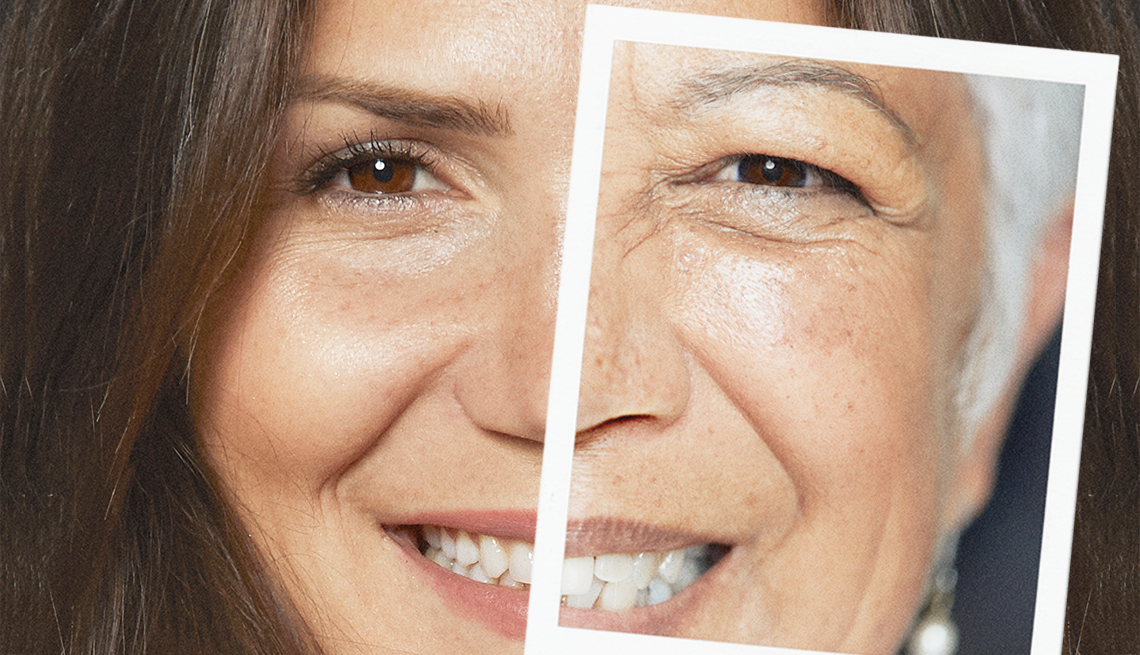Play all audios:
Research out of Yale suggests that although pregnancy seems to accelerate biological aging, that surge tends to be at least partially reversed by three months postpartum. “There’s this
massive recovery,” Ryan says. The lesson isn’t that you shouldn’t have kids, or should have fewer kids, if you value longevity, he says, but rather that pregnant people and new moms need
more support. The effects of Ryan’s study are “small, and they’re probably compounded by lack of support for moms, being a young mother, being in a situation where you have marginal access
to health care and nutrition,” he says. “Don’t panic.” 2. WEAK SOCIAL CONNECTIONS You may have heard about the epidemic of loneliness and isolation in the United States, but do you know
why those experiences are so serious? Put bluntly, they can be deadly. Oft-cited research has shown that a lack of strong social connections is linked to an increased mortality risk akin to
smoking 15 cigarettes daily. That’s more risky than being physically inactive or having obesity. More recent research using blood biomarkers in 12,000 Chinese adults suggests loneliness, in
conjunction with other psychological states such as unhappiness, accelerates aging more than smoking. That’s because humans are social creatures, and feeling a lack of close ties can put
your body in a chronic state of flight-or-flight. That stress wears on your body and immune system, making you more susceptible to disease and, yes, an earlier death. “The smaller what’s
called your ‘life space’ gets, the shorter your life is likely to be,” says Steven Austad, distinguished professor with the Integrative Center for Aging Research at the University of
Alabama, Birmingham. “Life space being all of the areas that you visit, every place that you go. For some people, life space is their house. And some people are out and about and meeting
people, yakking with their friends … and those are the people that are going to stay healthy longer.” 3. EXTREME EXERCISE (SOMETIMES) Staying active is, undeniably, a key to a long and
healthy life. But, like most habits, the extremes can hurt us — and exercise is no exception. In a 2023 study, which has not yet been published in a peer-reviewed medical journal,
researchers analyzed data from Finnish twins who’d been followed over 45 years. When they squared some of the participants’ exercise habits with measures of biological aging gleaned from
blood samples taken at the end of the study period, they found that those who were the most physically active looked about 1.8 years “older” than participants who were “active” but not
“highly active.” The study showed that both the sedentary and highly active people had higher levels of proteins linked to kidney function, which in turn raises the risk of heart disease and
sudden cardiac death. The study authors say some people’s inherited inclination toward healthy habits, including exercise, may play more of a role in mortality risk than exactly how much
exercise they do. Other research has shown that although long-term moderate- or high-intensity physical activity at rates more than four times the weekly minimum — exercising upward of 10
hours a week — isn’t linked to a higher risk of early death, it’s not linked to a lower risk of death, either. In other words, at some point, working out comes with diminishing returns.

